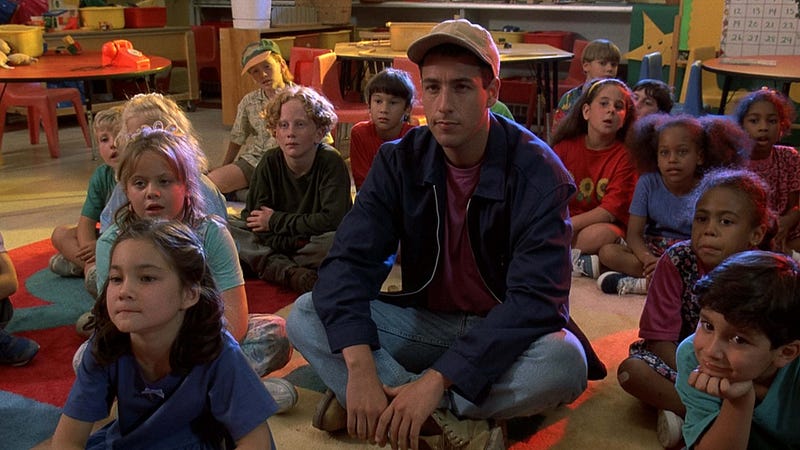Embracing New Opportunities: Returning to College in My 30s
Written on
Chapter 1: The Decision to Return
Making the choice to go back to college is a significant step, and it comes with the understanding that it is a privilege to do so.

For the past two decades, I was convinced that product design was my lifelong passion. While I enjoyed it more often than not, there were moments that prompted me to seek out new paths. After departing from OneTwentySeven Motorsports a few years back, and subsequently leaving Shine, I realized that my true enthusiasm lay not just in design, but in the business side of startups. I appreciated being part of strategic decisions that went beyond mere aesthetics, although I often felt constrained by poor management or clients.
Recently, I took a part-time position at my family's law firm, where I handle tasks like transcribing and filing. This experience has been refreshing; the work is clear-cut and devoid of the complexities I faced in my previous roles. There's a satisfaction in knowing whether a task was done correctly or not.
While I thrive on challenges and don’t shy away from subjective work, I found myself increasingly disillusioned with my role as a product design director. Thus, I concluded that I needed a career shift. Yet, with two decades of experience and no formal degree, I found myself at a crossroads. Despite my extensive background, the lack of a degree has hindered my job prospects, as I learned during my extensive job applications.
Section 1.1: Assessing the Challenges
When contemplating a return to college, I had numerous factors to consider: How would I manage my finances? How much time could I realistically allocate? Most importantly, was I truly ready to take this step? Fortunately, I have the support of my family's law firm for the time being, which, while not as lucrative as my previous tech roles, allows me to cover my essential expenses. This shift also provides the opportunity to live with family while I pursue my education, a privilege I deeply appreciate.
The most straightforward part of this transition was recognizing my readiness for this new chapter. Unlike my teenage years, when I dropped out of college without a clear purpose, I now feel a strong need to earn a degree. Previously, I didn’t believe I required a degree; my talent and portfolio had sufficed for two decades. Now, however, I understand that to remain competitive in my field, obtaining a college degree is essential.
Subsection 1.1.1: Finding the Right Path
After deciding to return to school, I explored my options. My stepfather, an alumnus of Colleges of Law in Ventura, encouraged me to consider their program. However, I faced a significant choice: to navigate the special admissions process without a degree or to pursue an associate's degree first. The latter felt daunting, especially the requirement to take the "baby bar" after my first year.
This brings me to my characteristic approach to challenges. Those who know me understand that I tend to dive headfirst into pursuits I am passionate about. So, if I'm going to earn an associate's degree, I might as well aim high: an AS in business administration, a BS in managerial accounting, a JD, and an MS in business analytics—quite the ambitious plan for someone who has spent the last two decades in design.

Section 1.2: The Excitement of a New Journey
My classes commence this summer, and I am filled with a mix of excitement and nerves. Transitioning to a full-time student lifestyle will be a significant change, but I remind myself that by the time I finish my studies in my 40s, I will be well-equipped for the next two decades of my career. Ironically, just as I finally obtain my postgraduate degree, the trend may shift towards valuing experience over formal education in hiring practices.
Chapter 2: Resources for Returning Students
Video Description: This video discusses the advantages and challenges of returning to college later in life, with insights from those who have made the leap.
Video Description: A candid exploration of the decision to return to school at 30, addressing fears and expectations, and whether it's a good idea.